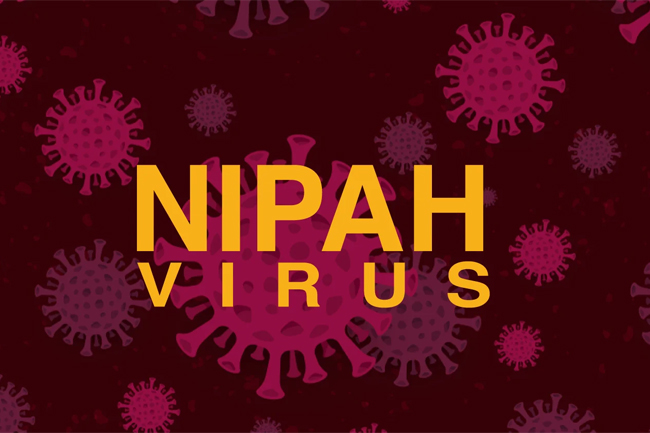Sri Lanka to import test kits to detect Nipah virus after outbreak in Kerala
September 22, 2023 11:37 am
Sri Lanka’s Ministry of Health has placed orders to import testing kits to detect Nipah infections after the southern Indian state of Kerala reported an outbreak of the bat-borne virus.
However, the ministry said Sri Lankans should not have any undue fears about this virus infection, adding that the ordered test kits are expected to reach the country in the coming days.
Following the outbreak in Kerala, the Indian government has moved to institute mass testing to arrest the spread of the Nipah virus. The southern Indian state has thus far reported two deaths from the virus infections.
Nipah is a rare but potentially serious virus that can cause fever, vomiting and respiratory infections in humans. Symptoms appear from 4 - 14 days after exposure. Fruit bats of the Pteropodidae family are the natural hosts of Nipah virus.
Most often, severe cases involve seizures and encephalitis (inflammation of the brain) and can progress to a coma within 24-48 hours, according to experts.
World Health Organization (WHO) says the fatality rate is estimated at 40% - 75%. However, this rate can vary by outbreak depending on local capabilities for epidemiological surveillance and clinical management.
At present, there are no approved vaccines or drugs to treat Nipah infections despite the WHO identifying the virus as a priority disease for WHO Research and Development Blueprint. The usual treatment is to provide intensive supportive care.
Nipah virus can infect humans through contact with the bodily fluids from infected bats and pigs, or through contaminated food items. The WHO says the virus can also be transmitted directly from human to human.
Despite the high fatality rate and absence of specific treatments, experts say it is very unlikely that the virus will lead to a global emergency.
The first Nipah virus outbreak was reported in 1999 after the virus spread among pig farmers in Malaysia and Singapore. The virus has been named after the village where it was discovered.












